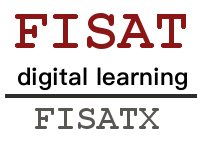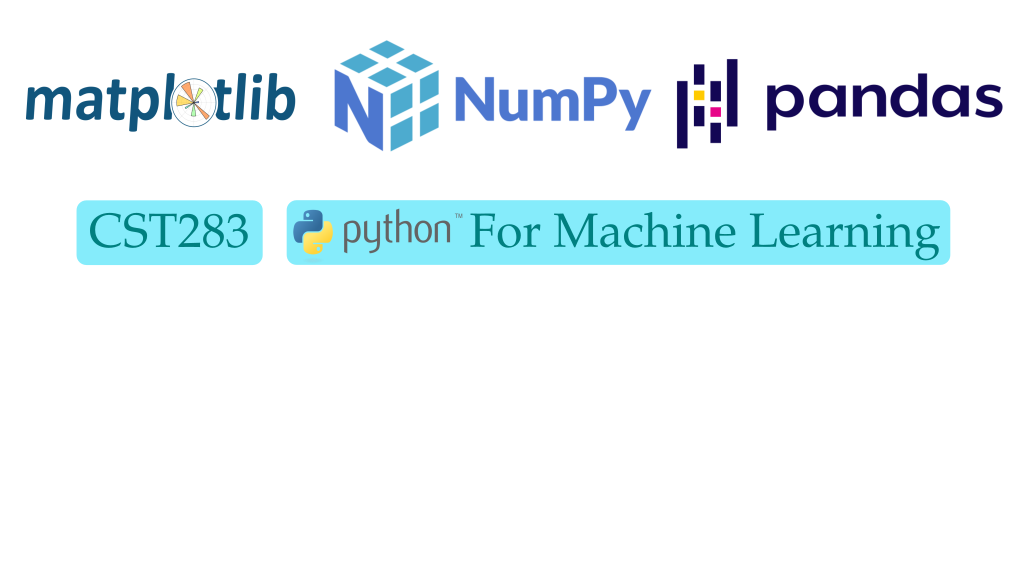About This Course
This is the first course in B. Tech. Minor in Computer Science and
Engineering with specialization in Machine Learning.
This is a programming course where the objective is to provide
learners an insight into Python programming, and develop programming skills to manage the
development of software systems. It covers programming environment, important instructions,
data representations, intermediate level features, Object Oriented Programming and file data
processing of Python. This course lays the foundation to develop web applications, Machine
Learning, and Artificial Intelligence-based applications and tools, Data Science and Data
Visualization applications.
After the completion of the course the student will be able to
- CO1: Write, test and debug Python programs (Cognitive Knowledge level: Apply)
- CO2: Illustrate uses of conditional (if, if-else, if-elif-else and switch-case) and iterative
(while and for) statements in Python programs (Cognitive Knowledge level: Apply)
- CO3: Develop programs by utilizing the modules Lists, Tuples, Sets and Dictionaries in
Python (Cognitive Knowledge level: Apply)
- CO4: Implement Object Oriented programs with exception handling (Cognitive Knowledge
level: Apply)
- CO5: Write programs in Python to process data stored in files by utilizing the modules
Numpy, Matplotlib, and Pandas (Cognitive Knowledge level: Apply)


